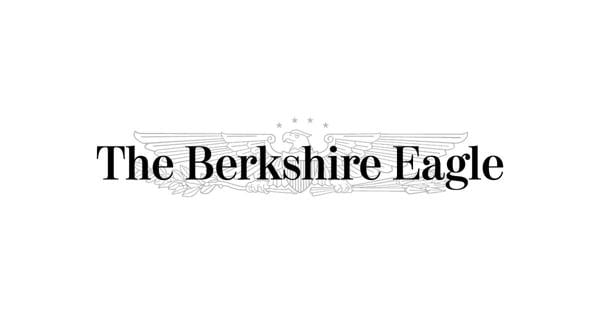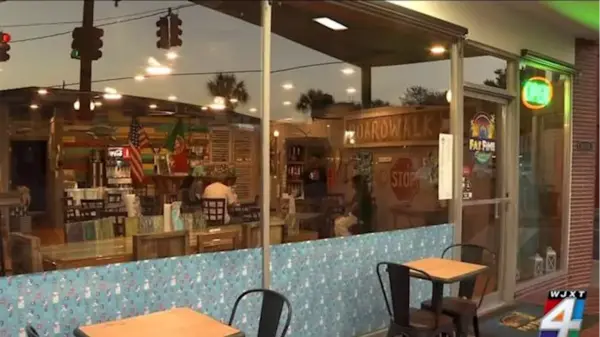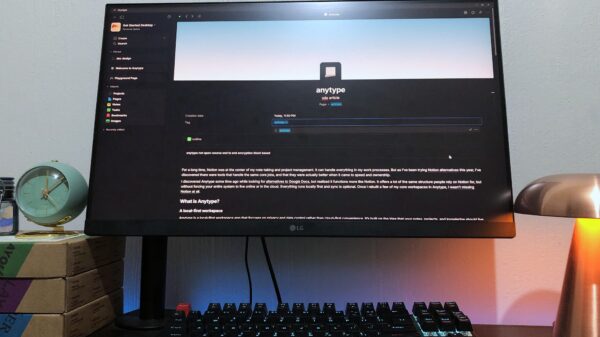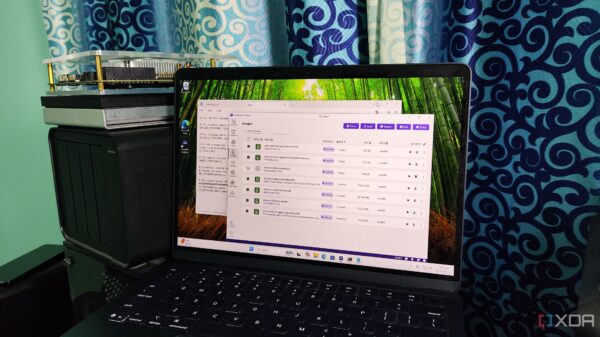Public libraries in Smyrna and Murfreesboro, Tennessee, are facing temporary closures to remove books related to transgender issues from their collections. This decision follows a directive from local officials in Rutherford County, aiming to comply with a state initiative that mandates the removal of such materials. The Smyrna Public Library has already closed for most of the week, with signs indicating an “EMERGENCY CLOSURE NOTICE” that states it will be shut from November 10, 2025, through November 15, 2025, in order to review its inventory.
The closures are part of a broader response to a letter sent by Tennessee Secretary of State Tre Hargett at the end of October. In his communication, Hargett emphasized that library collections should reflect the values of their respective communities and noted that libraries utilizing state and federal funding must adhere to compliance with applicable laws. “Library decisions should be shaped by the values of the library’s community,” he stated.
As part of this initiative, public library systems are required to ensure that all materials meet standards of “age-appropriateness” and align with a series of executive orders issued by former President Donald Trump. Hargett expressed concern about maintaining compliance across over 200 libraries statewide, stating, “I cannot allow the actions of one library to potentially harm and impact over 200 other libraries throughout the state.”
The Foundation for Individual Rights and Expression has criticized these actions, arguing that they infringe upon the First Amendment rights of both self-expression and access to information. In a recent letter, the organization stated, “These principles apply to restrictions on both self-expression and access to information.”
Experts in the field have voiced their concerns regarding the implications of these directives. Ken Paulson, Director of the Free Speech Center at Middle Tennessee State University and former editor-in-chief of USA Today, described the order as “the most aggressive assault on the public library system that I have ever seen.” He criticized the initiative as unjustified and expressed alarm at what he perceives as a concerted effort to limit access to ideas for young people. “This is a violation of the First Amendment,” Paulson emphasized.
The temporary closures in Smyrna and Murfreesboro raise significant questions about the future of library resources in Tennessee and the role of government in determining accessible literature. As these libraries prepare to review their collections, the debate over censorship and the preservation of diverse voices continues to escalate. Stakeholders from various sides are closely monitoring the situation, unsure of how these actions may influence library policies and community access to information in the future.








































































